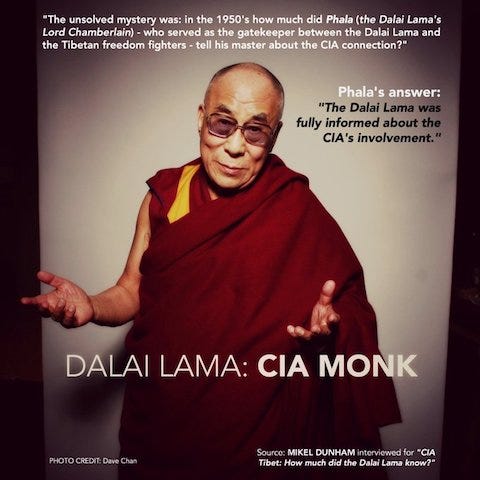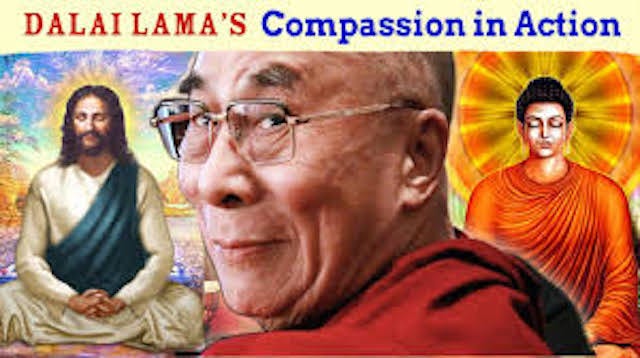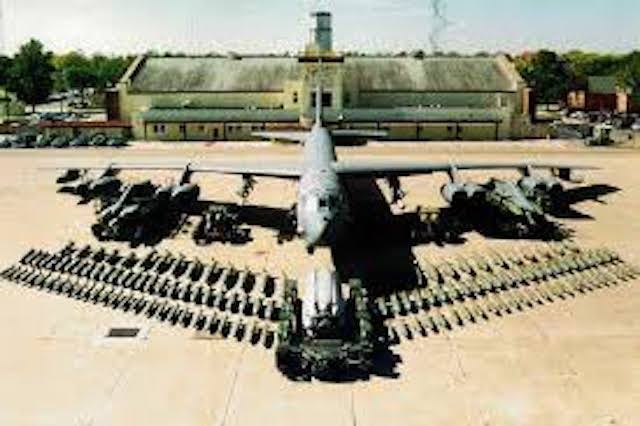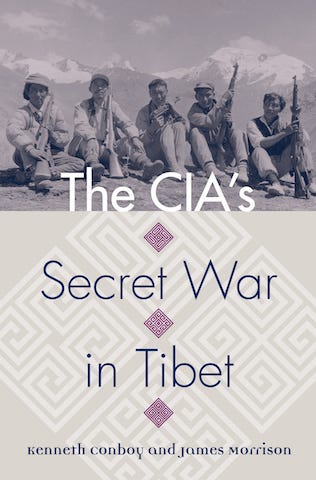Felonious Monk?
Tibet, the CIA & the Dalai Lama…
In the name of preempting some knee-jerk reactions: This article is not meant to besmirch Tibet or Buddhism and it’s definitely not meant to support the Chinese Communist Party. It’s all about learning to decode the dominant narratives we are force-fed 365/24/7. You know… intellectual self-defense and all.
Years ago, I remember reading an interview with the Dalai Lama in a publication called New York Yoga magazine. “His Holiness” spouted boilerplate platitudes like, “If we do love our enemies, we shall cease to have enemies, and wouldn’t the world be a much happier place if we could all be friends?”
Let’s be radically honest here, the same exact line, if spoken by a ten-year-old child, might elicit a patronizing smile.
Also in that article, the Tibetan leader was asked how he was able to “deal with the Chinese who had taken so much from his people.” His response was pure Dalai: “We may be different on the outside; but on the inside, we are all the same. We all seek happiness and an end to suffering.”
Please allow me to introduce a long-forgotten January 25, 1997 article in the Chicago Tribune entitled “The CIA’s secret war in Tibet.” This uncommon bit of corporate media candor declared that “Little about the CIA’s skullduggery in the Himalayas is a real secret anymore except maybe to the U.S. taxpayers who bankrolled it.” Add to that now: The entertainment world’s financial elite who are suckered in by the Dalai Lama’s little-boy grin, esoteric lectures, and pacific persona.
Obscured by the predominantly superficial media coverage is the reality that, before the Chinese invasion, His Holiness ruled over a harsh feudal serfdom with the proverbial iron fist from his 1000-room, 14-story Potala Palace.
In 1959, when the Dalai Lama packed up his riches and escaped into neighboring India, the CIA set up and trained an army of Tibetan contras. Potential recruits were asked only one, rather un-Zen-like question by Air Force pilots working with the Agency: “Do you want to kill Chinese?”
"I told them I would be very happy to kill many Chinese," recalled Nawang Gayltsen about his CIA training. "I was very young and strong then. Very patriotic. I told them I would even be a suicide bomber.”
The guerrillas were trained on U.S. soil and then airdropped into Tibet by what the Tribune called, “American pilots who would later carry out operations in Laos and Cambodia during the Vietnam War.”
Yeah, those guys.
So, how did His Holiness and His Posse manage such paradoxical behavior? Lend an ear to what Jamyang Norbu, a prominent Tibetan intellectual, informed the Tribune a quarter-century ago: “The only way Tibetans could get a hearing in the world’s capitals was to emphasize our spirituality and helplessness. Tibetans who pick up rifles don’t fit into the romantic image we’ve built up in the Westerner’s heads.”
And it works. If you don’t believe me, ask R.E.M. lead singer Michael Stipe. He believes the Tibetans have “done it peacefully, without raising swords. No matter what hardship these people were under, they would not raise a hand against the enemy.”
Meanwhile, Lobsang Tsultrim, a former security chief for the Dalai Lama's government in Dharamsala, India, told the Tribune: “We were desperate, and the Americans stepped in to help. I am not ashamed about that. I'm just disappointed that it was too little too late.”
While the U.S. government claims its support for Tibet’s spiritual contras ended in the 1970s, former CIA agent Ralph McGehee has since declared that the Agency was still “a prime mover behind the 1990s campaign promoting the cause of the Dalai Lama and Tibetan independence.” McGehee cites the Dalai Lama’s eldest brother, a businessman named Gyalo Thondup, as the key player in this operation.
“Violence is unpredictable,” the Dalai Lama would later declare when asked about the endless litany of illegal U.S. interventions in the Middle East. He added: “In the case of Afghanistan, perhaps there’s something positive. In Iraq, it’s too early to tell.” He confessed to having conflicted feelings over the U.S. invasion of Iraq, before declaring, “history would decide.”
Uh… hello Dalai, you just managed to say the quiet part out loud. Indeed, as with Tibet’s CIA collaboration, it is a fabricated “history” the elites use to teach us what to “decide” — if we let them get away with it. To steer clear of such pervasive programming, the first step to consider is: “Don’t believe the hype.”






I don't see much mention of the Chinese genocide of the Tibetan people. Do you think it's a good thing that China can invade a sovereign nation, destroy its culture and ban its religion? Your article really needs a deep reflection on its purpose and its basis. I wonder how you view the Ukrainian invasion? Would be be so agast if the CIA funded Ukrainian resistance. Do you think religious leaders in Ukraine, to further the analogy, should have no position on the invasion?
You can be for peace but recognise that sometimes war comes to you. Unfortunately , as much as I have appreciated your articles until now this article in particular reads like Chinese propaganda.